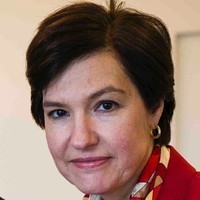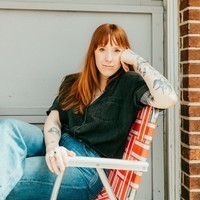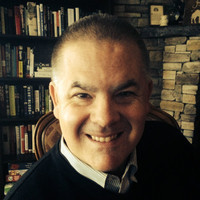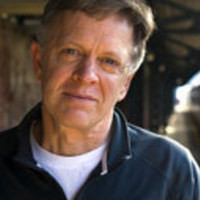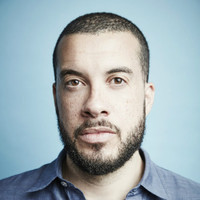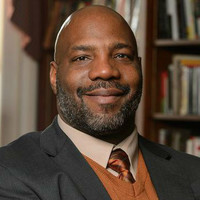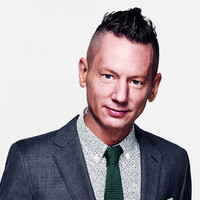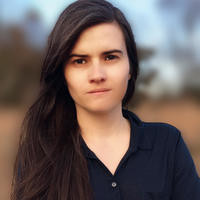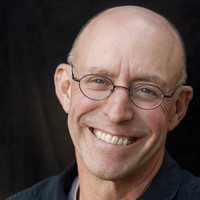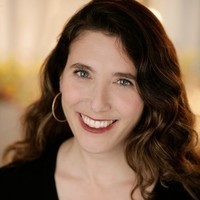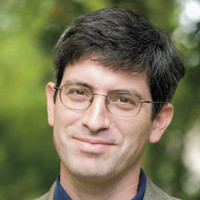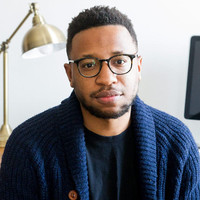Nancy Updike is a founding producer and senior editor at This American Life. Jenelle Pifer, a former Longform Podcast editor, is a senior producer at Serial. Their new three-part podcast, hosted by Updike and produced by Pifer, is We Were Three.
Updike: “I say it’s a story that’s a bit about COVID, but really about a family, and that’s the closest I’ve gotten to a short version. I don’t know. Why is that? I never have a short version of something I’m working on—never.”
Pifer: “We were doing a lot of talking about, for Nancy, what are the driving questions you tend to be attracted to? There were a few things we came up with, one of which was that you tend to gravitate toward stories where somebody is in the middle of something that they don’t know what to make of yet, and you kind of just want to sit with them and see what direction they walk in, or what they say, or what meaning they put onto something.”

